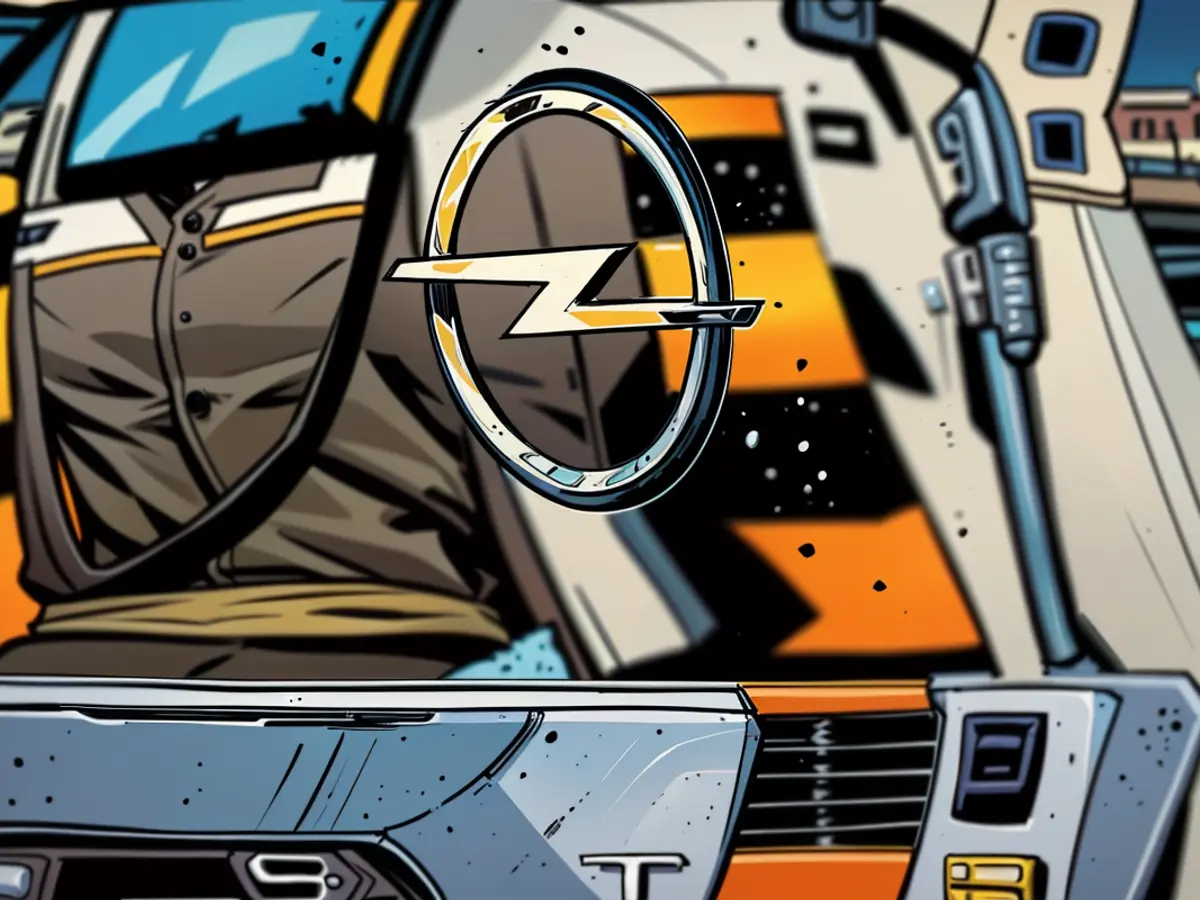Debate on Imposing Penalty Taxes - Scholz cautions against isolating European markets.
Chancellor Olaf Scholz cautioned against segregating European industries from foreign rivals. "We're not locking our markets off to foreign firms," remarked the SPD member at an "125 years of automobile production at Opel" celebration in Rüsselsheim last Saturday.
Protectionism and illicit tariffs would make things costlier and impoverish everyone in the long run. Scholz emphasized, "I'm confident: Our automotive industry will also lead the way in this century if we focus on growth and renewal." But for that, we require "an equitable and free global trade."
In mid-May, the United States imposed 100% special tariffs on imported electric cars and other goods from China. The United States alleges China artificially distorts competition through substantial government subsidies. The EU is also inquiring about China's influence on the electric car market. It's unclear if Europeans will impose retaliatory tariffs.
Opel is intensifying its focus on electric mobility
Opel intends to deepen its commitment to electric mobility, as Opel CEO Florian Hüttl disclosed at the jubilee: "From 2025, every new Opel model will be batteries-only." In late April, Hüttl, during a new E-model presentation in Eisenach, affirmed the manufacturer's goal of providing only electric cars in Europe by 2028: "We're sticking to our plan, even regarding speed. Politics can only influence this somewhat." The elimination of German electric car subsidies in December had caused market uncertainty for electric vehicles.
Scholz urged Opel workers: "You'll compete fairly in a market against new competitors, such as those from China." A day before the European elections, the Chancellor expressed his support for a green economic transition - including in the transportation industry: "We advocate for electromobility expansion. Anyone who seeks to reverse this now threatens all that's been achieved so far and our prosperity and future as an industrial nation."
The automobile's history at Opel traces back to 1899: 125 years ago, the sewing machine and bicycle manufacturer produced its first car - the "Patentmotorwagen System Lutzmann." Prior to that, Opel acquired the Anhaltian Motor Car Manufacturing Company of pioneering automaker Friedrich Lutzmann in Dessau and relocated it to Rüsselsheim near Frankfurt/Main.
After almost 90 years as part of the American conglomerate General Motors, Opel was bought by the French parent company PSA in the summer of 2017, which has subsequently merged with Fiat-Chrysler to form Stellantis. As the only German brand in the European-American conglomerate, Opel has been making money again in recent years - following the elimination of thousands of positions and location reductions. Opel has factories in Rüsselsheim, Eisenach, and Kaiserslautern.
Read also:
- Chancellor Olaf Scholz urged against the compartmentalization of European markets in the automotive industry, emphasizing the importance of global cooperation.
- The US imposed 100% special tariffs on imported electric cars and goods from China in mid-May, alleging China's artificial distortion of competition through substantial government subsidies.
- The SPD member, who supports electromobility expansion, cautioned against isolating European markets, noting that Opel is intensifying its focus on electric mobility.
- Opel's CEO, Florian Hüttl, announced that every new Opel model from 2025 will be battery-electric, despite the elimination of German electric car subsidies causing market uncertainty.
- Germany, the EU, and other global markets are competing in the field of electromobility, with companies like Opel in Rüsselsheim and Adam Opel AG in Eisenach leading the way in electric vehicle production.
- In a move towards electromobility, the Federal Government has supported a green economic transition, which includes subsidies for electric vehicles and incentives for sustainable transportation practices.
- Opel, which has factories in Germany and is part of the Stellantis conglomerate, faces competition not only from European rivals but also from emerging markets in China, with Beijing pushing for more electromobility developments.
- The debate on imposing penalty taxes on electric vehicles and other goods is a critical issue in global market relations, with implications for car manufacturers like Opel, as well as the broader world trade framework.








